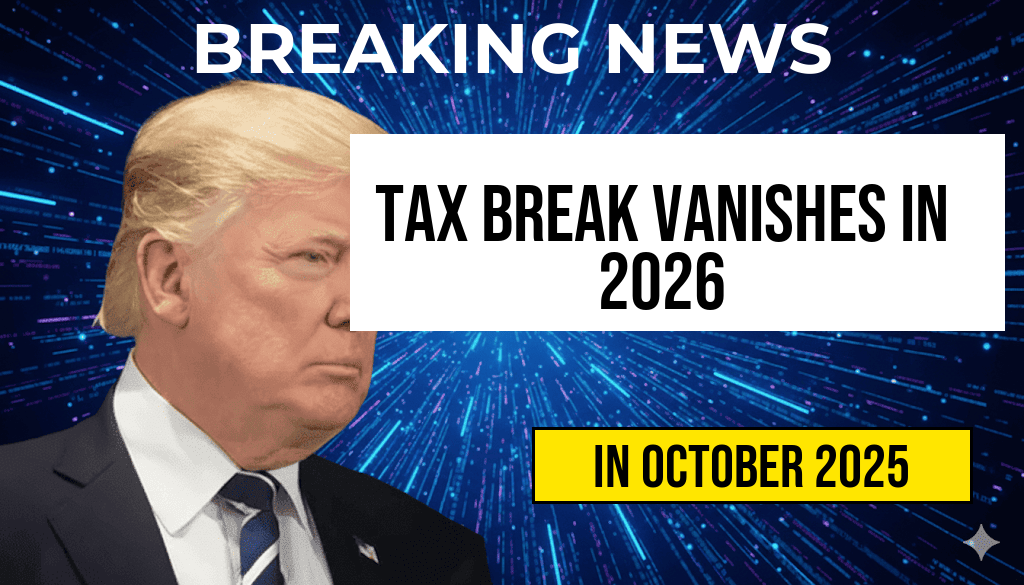The Supplemental Nutrition Assistance Program (SNAP), commonly known as WIC (Women, Infants, and Children), faces a critical funding cliff as federal support is set to expire within weeks. This looming deadline threatens to slash assistance for millions of vulnerable Americans, with some families potentially losing up to $440 per month in benefits. As policymakers debate extension measures and funding allocations, the potential impact on low-income households, particularly pregnant women, new mothers, and young children, raises concerns about worsening food insecurity and health disparities. The current funding structure, which has supported WIC for years, is under pressure amid shifting federal priorities and budget constraints. Experts warn that failure to extend or renew funding could reverse recent gains in child nutrition and maternal health outcomes, underscoring the urgency of legislative action before the support abruptly ends.
WIC Funding Faces Impending Expiration and Its Implications
The Significance of WIC Support for Vulnerable Populations
WIC provides essential nutritional assistance and health support to over 6 million low-income women, infants, and children across the United States. The program aims to improve birth outcomes, promote healthy growth, and prevent nutrition-related illnesses. For many families, WIC is a lifeline, offering not only food benefits but also health screenings, nutrition education, and breastfeeding support.
Current funding levels have helped reduce disparities in child health outcomes, particularly in underserved communities. However, with the expiration date approaching, the risk of losing this vital resource increases, especially as inflation drives up food prices, making it more challenging for low-income families to meet their nutritional needs.
Details of the Funding Shortfall
| Description | Details |
|---|---|
| Current Funding Expiration | Within a few weeks (exact date varies by state) |
| Projected Benefit Reduction | Up to $440 in monthly support for some households |
| Number of Affected Recipients | Approximately 6 million women, infants, and children nationwide |
| Legislative Status | Pending renewal or extension; negotiations ongoing in Congress |
Potential Consequences of Funding Disruption
- Increased Food Insecurity: Families may be forced to cut back on nutritious foods, risking malnutrition and developmental setbacks.
- Health Risks for Pregnant Women and Infants: Reduced access to prenatal vitamins, healthy foods, and health screenings could lead to adverse birth outcomes.
- Strain on Healthcare Systems: Increased malnutrition-related health issues could elevate demand for emergency services and long-term care.
- Economic Hardship: Loss of benefits may exacerbate financial stress for families already struggling to make ends meet.
Legislative Efforts and Political Dynamics
Current Status of Funding Legislation
Congressional leaders have been negotiating over the renewal of WIC funding, with some lawmakers advocating for immediate extension to prevent disruptions. However, disagreements over broader budget priorities and the allocation of emergency relief funds have slowed progress. The House and Senate are under pressure to reach a consensus before the upcoming deadline, with some proposing temporary extensions while longer-term solutions are debated.
Potential Policy Options
- Short-term Continuing Resolutions: Extending current funding levels for a limited period to provide immediate relief.
- Full Funding Reauthorization: Passing legislation to permanently or long-term renew WIC support, ensuring stability.
- Expanding Eligibility and Benefits: Using the funding debate as an opportunity to enhance program scope and resources.
Stakeholder Perspectives
Advocacy groups emphasize the critical importance of maintaining WIC funding, citing evidence from studies indicating improved health outcomes among recipients. Conversely, some policymakers argue that fiscal constraints necessitate targeted cuts or reforms, though most agree on the urgency of avoiding a sudden benefit reduction.
Broader Context and Future Outlook
Historical Precedents and Lessons
Past instances where nutrition programs faced funding lapses often resulted in immediate hardships for families and setbacks in public health initiatives. Experts warn that a similar scenario could unfold if Congress fails to act promptly, emphasizing the importance of proactive legislative measures.
What This Means for American Families
For families relying on WIC, the potential loss of up to $440 per month could force difficult choices between food, healthcare, and other essentials. Community organizations are mobilizing to provide interim support and advocate for swift legislative action to prevent disruptions.
Resources and How to Stay Informed
As the deadline nears, the urgency for legislative consensus grows. Protecting WIC funding remains a critical priority to safeguard the health and well-being of millions of Americans during a time of economic uncertainty.
Frequently Asked Questions
Question
What is the current status of WIC funding and when is it set to expire?
Question
How might the expiration of WIC funding affect monthly support for eligible families?
Question
What are the potential consequences if WIC funding is not renewed before it expires?
Question
Are there any efforts or proposals in place to extend WIC funding and prevent support cuts?
Question
How can families or individuals stay informed about WIC funding updates and assistance options?







